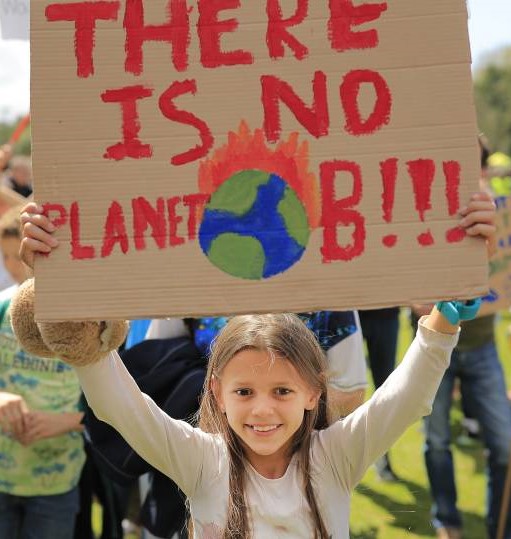
This is the time of year when Christians are invited to celebrate the season of creation. It seems appropriate to be doing this at the start of spring when flowers are blooming and all of creation seems somehow more alive. For the Wurundjeri people of Melbourne this was season is called Poorneet, the tadpole season, the season of plentiful food from lilies, orchids and yam daisies.
It also seems appropriate to be remembering the groanings of creation in the lead-up to the COP26 climate conference in Glasgow which starts at the end of October. While much media attention remains focused on the Covid pandemic, the threat of climate change poses a larger threat to the whole of creation as habitats warm and become inhospitable to many species. While fossil fuel companies direct our attention to the small changes we can make to our own individual lives (which collectively are helpful), we will not reach sustainable levels of emissions without major changes at a government level.
The creation stories recorded in the book of Genesis set the scene for the unfolding story of God, creation and humanity. In these stories, humanity is given a vocation to care for and tend creation as God’s representative. If we take our cue from God’s gracious providence, as described in Psalm 104, the call is not to dominate over or to destroy creation but rather to care for it in such a way that each part of creation can thrive. There is much we can learn from our indigenous brothers and sisters in this respect. But we must also recognise that use of fossil fuels (e.g. coal, oil, gas) must drastically reduce – and soon – to give creation a fighting chance. As some of the posters at the School Strike for Climate rallies point out, there is no Planet B.
